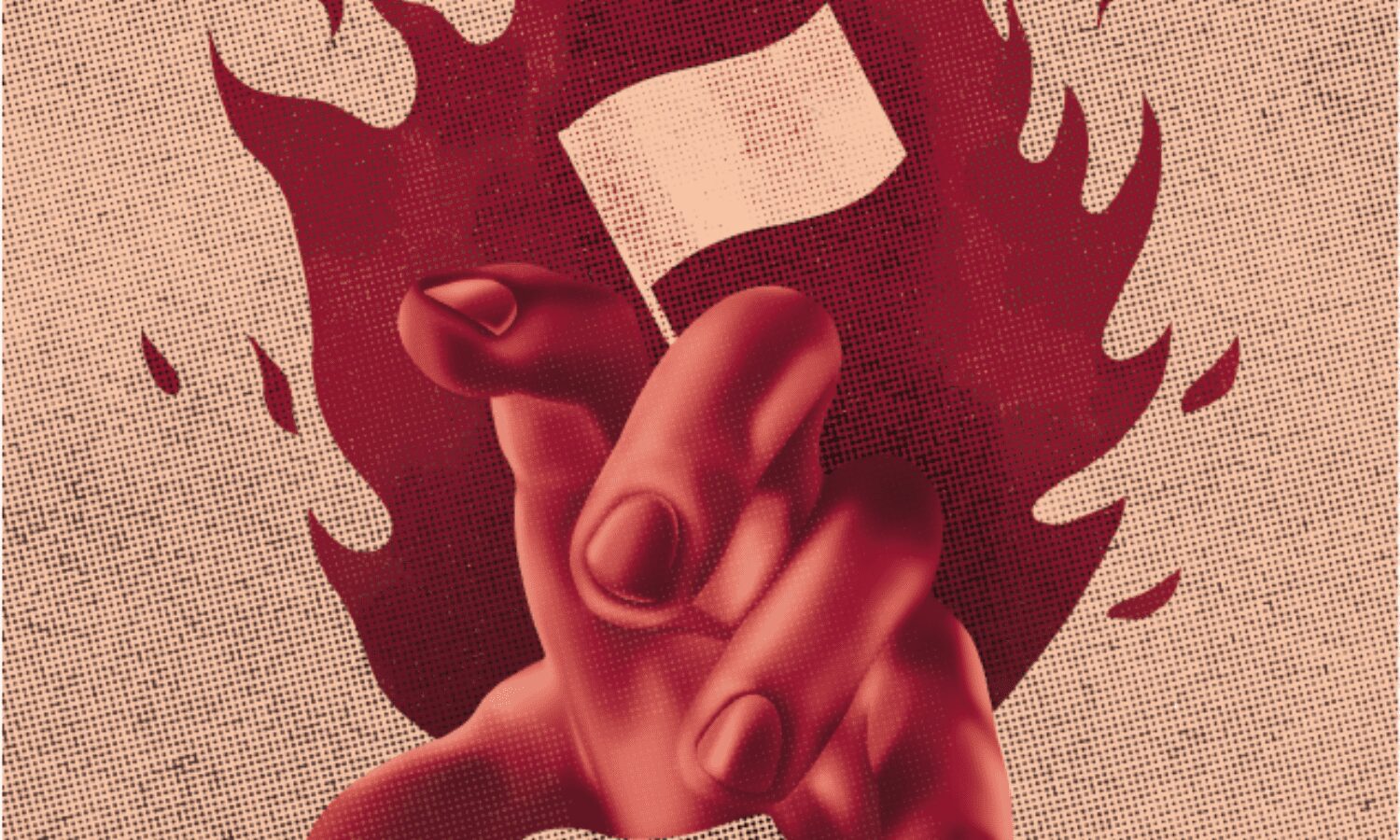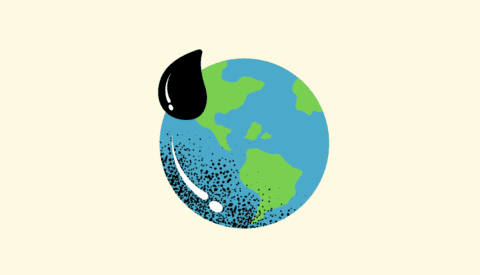Why The Roots Of Resurgent Nationalism Run So Deep — And Wide
From Trump in the U.S., Eurosceptics in the UK, the Catalan independence movement or the growing rejection of immigration in much of the developed world shows that a century after the founding of fascism, the darker instincts of humans are always lurking just below the surface.
Article
2024

Article
Nationalist passions are experiencing a revival in the 21st century — more than 100 years after the interwar period that saw the establishment of fascist regimes in Europe and Japan’s aggressive imperialism based on nationalism.
This fact is deeply perplexing: Hadn’t humanity sworn off its xenophobic tendencies?
There is perhaps no better example of this apparent historical incongruity than Catalonia: The richest region of Spain led an uprising against the constitutional order of a democratic State whose power has been decentralized for more than 40 years.
But there is more: Donald Trump’s «Make America Great Again», the «Take Back Control» of UK Eurosceptics, the aggressive Russian irredentism, the rise of Hindu nationalism or the growing rejection of immigration in much of the developed world. It’s tough times for cosmopolitanism.
Passion vs. reason
It is important to distinguish among the different manifestations of this phenomenon. On the one hand, there are sub-state nationalisms that demand autonomy or the right to secede. They are a bit of an anachronism: the formation of the European nations occurred somewhere between the French Revolution to the end of the World War I.
Yet Catalan separatists have tried to reproduce this logic within the framework of a European Union founded to protect against nationalism. The same goes for Scotland and Quebec.
Nationalism is an uncomfortable object of analysis because it appeals to passion rather than reason
On the other hand, we find the reinforcement of nationalist praxis in consolidated states, either carried out by authoritarian governments with an imperial past (like Russia and China), democratic governments led by nationalist-oriented parties (India, Italy, the UK, Israel), or political parties and leaders (generally right-wing) that act within existing democracies (from Trump to Geert Wilders, to Alternative for Germany or Vox in Spain). In these cases, the nation as the foundation of the State is exalted. And sometimes minorities suffer as a result.
Is it so surprising? If we look closely, nationalism is characterized by its historical continuity; instead of drawing a downward trajectory coinciding with the learning capacity of human societies, nationalism maintains a constant presence in them, taking different forms according to the circumstances.
«Banal» nationalism
There is a wide range of case studies. In the democratic Germany that emerged after the defeat of Nazism abstained from manifesting national passions and even maintained a modest relationship with its flag — without generating in turn separatist vocations in any of its Länder. Yet in post-Franco Spain, the weakening of national sentiment has led to the reinforcement of internal nationalism.
But national affects are not without ambiguity. When young Americans went to die in Europe and in the Pacific during World War II, patriotism played a decisive role as a motivator of sacrifice. Yet at the same time, the U.S. governmentconfined its citizens of Japanese origin in internment camps. And, as the American philosopher Richard Rorty said, adopting a progressive point of view, perhaps a country cannot prosper if its citizens do not love it.
As Griffith University political scientist John Kane pointed out, nationalism is an uncomfortable object of analysis because it appeals to passion rather than reason; we do not know quite what to do with that. In fact, any discussion with a nationalist is doomed to lead to the dead-end of sentimental attachment.
The problem is that, as history has taught us, love for one’s nation can take an aggressive and even violent form. There is «banal nationalism», a term coined by British academic Michael Billig, which exists almost everywhere and is expressed in symbols and practices that seem natural because we have been socialized with them. There is also a nationalism bent on applying indoctrinating policies that often transmit to its recipients an unhealthy combination of victimhood and supremacism.
Civic vs. ethnic
It thus seems reasonable to make the distinction between two ideal types of nation — a civic nation and an ethnic nation — in order to navigate the confusing panorama of modern societies. The civic, or political nation, is based on constitutional rights and freedoms granted by the State; its sentimental basis is, in principle, secondary.
In contrast, the ethnic, or cultural nation, is organized around a cultural identity to which its members adhere emotionally. While this distinction is generally clear, the two types are not in opposition; they are on a spectrum that allows for gradations and overlaps. And no State has legitimized itself by appealing solely to the cold rationality of its population.
We give a higher emotional value to those which are most familiar or closest to us
The national foundation of the State refers to a collective imagination — often the subject of dispute — expressed in stories with binding force. Nevertheless, it cannot be concluded that we are all equally nationalist or that all nations are equal. A liberal State that respects pluralism and the freedom of the individual to shape its identity will always be preferable to one that is dedicated to socializing its citizens into an exclusive identity or that is aggressive toward its neighbors.
Latent passions
The question of the most aggressive nationalism remains: How can we explain that it continues to overshadow the destiny of human societies?
Perhaps it is not so difficult to answer. It is safe to say that we socialize in particular environments and — even though being born in one place or another is the greatest of contingencies — that we give a higher emotional value to those which are most familiar or closest to us.
Our psychobiological constitution makes this disposition even stronger. Natural evolution has prepared us to seek cohesion within the group we are a part of. That is the key to nationalist vigor: The passions of belonging are latent, waiting for a political agent to activate and mobilize them.
That agent may do so in a benign way, for example, by calling for the reconstruction of a country after a war; or the opposite. And although there will be cosmopolitan-oriented citizens indifferent to such appeals, the truth is that those citizens constitute a marginal part of the population.
So maybe we should be glad that ethnic nationalism does not play an even more determining role in our societies. It could be worse — and no one can rule out that one day it won’t be.
This content is part of a collaboration agreement of ‘WorldCrunch’, with the magazine ‘Ethic’. Read the original at this link.






